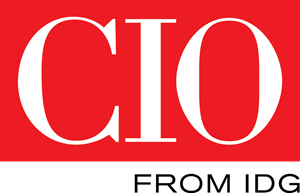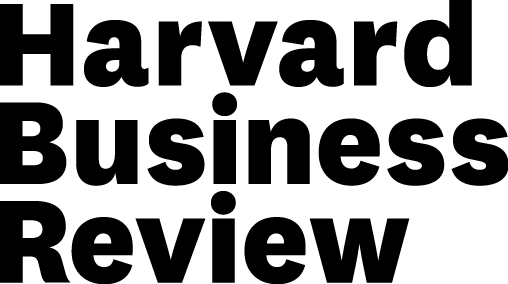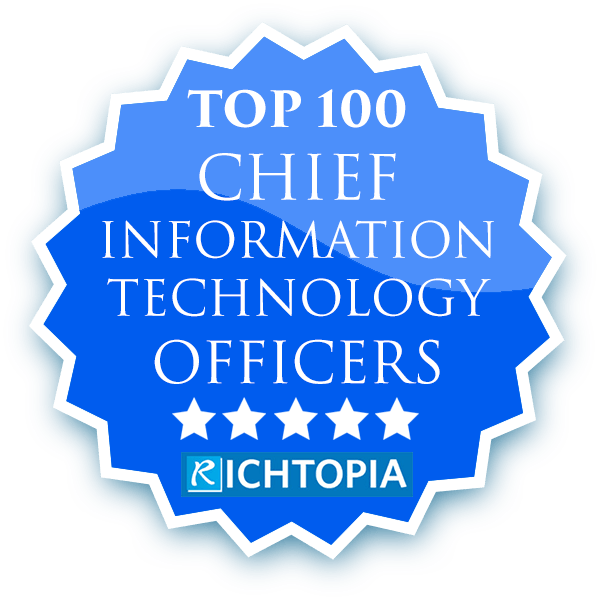Brian was recently featured in a crowd-sourced article on CIO.com about “Assessing the Value of Corporate Data“.
That said, “value” can be a vague concept, with meanings and measurements that vary considerably among different organizations. Chief Technology Officer Brian E. Thomas (@DivergentCIO), asks, for example, “Is the data valuable because it needs to be secured (via regulations such as HIPAA and PCI), or is it the highly rich consumer data that companies are striving to make business shifts based on purchasing trends?”
“Before you can determine value,” he adds, “you need to have structured and mature data governance and data analytics programs. That way there is a collaborative process for classifying and using that data based on its criteria.”
The value of corporate data cannot be overstated. In today’s business world, data has become the lifeblood of organizations, driving decision-making, shaping strategies, and informing operational processes. Companies that effectively harness their data are able to gain a competitive advantage and increase their bottom line.
Data is valuable because it provides organizations with a wealth of information about their operations, customers, and market trends. This information can be used to identify areas for improvement, optimize processes, and make informed decisions about where to allocate resources. For example, companies can use customer data to better understand their target audience, develop targeted marketing campaigns, and improve customer satisfaction. Market data can be analyzed to gain insights into industry trends and emerging opportunities, allowing companies to stay ahead of the competition.
Data can also help organizations to improve efficiency and reduce costs. By analyzing operational data, companies can identify inefficiencies in their processes and find ways to streamline their operations. This can lead to significant cost savings, as well as improved productivity and competitiveness.
Moreover, data plays a crucial role in driving innovation. Companies that have access to a wealth of data can use it to identify new business opportunities, develop new products and services, and stay ahead of their competitors. The use of data-driven innovation has been shown to significantly increase revenue and drive growth in many industries.
In conclusion, the value of corporate data cannot be underestimated. It provides organizations with valuable insights into their operations, customers, and market trends, helping to drive decision-making, improve efficiency, and drive innovation. Companies that effectively leverage their data will have a significant competitive advantage and be better positioned for success in the future.
#BigData #DivergentCIO #DataValue #Data #ConsumerData #CTO #CIO








